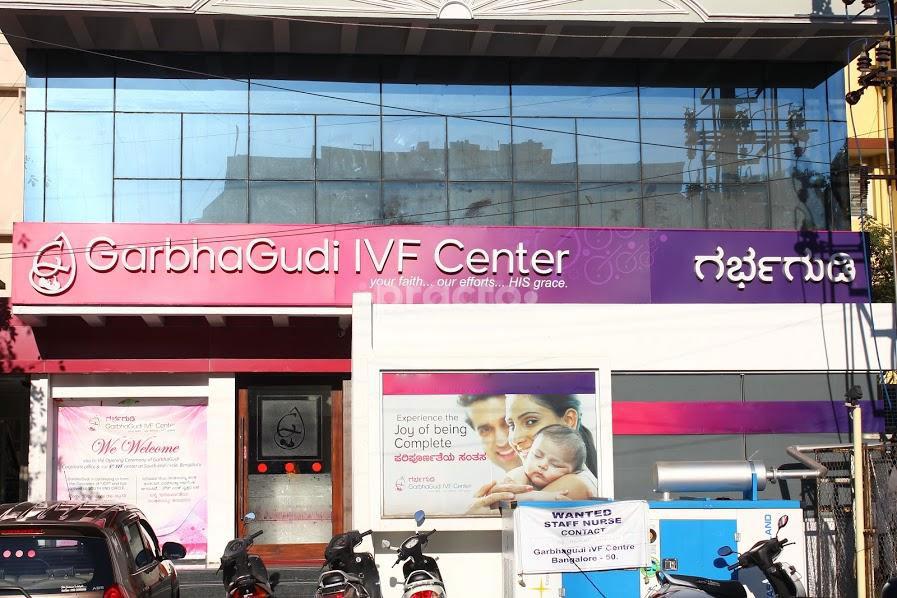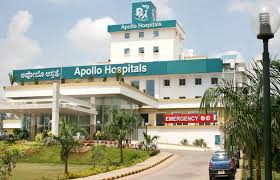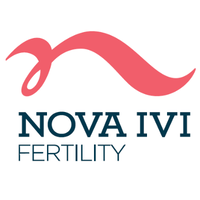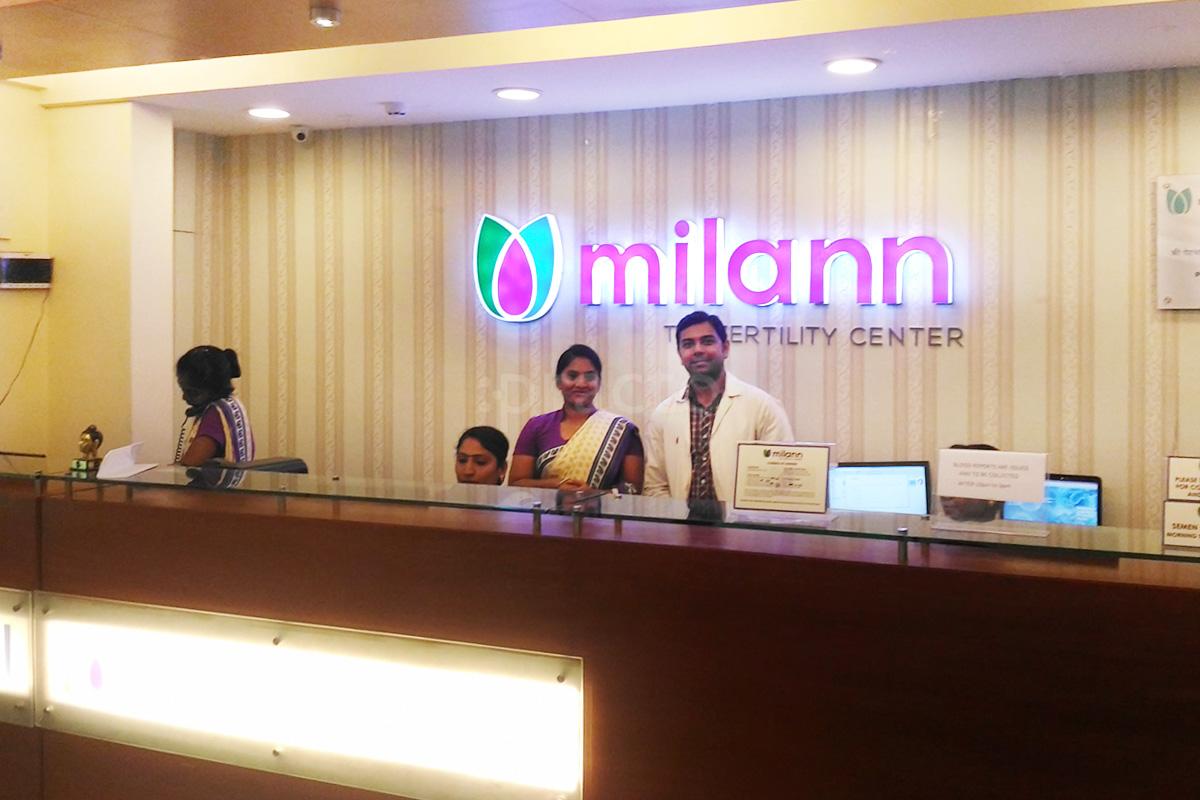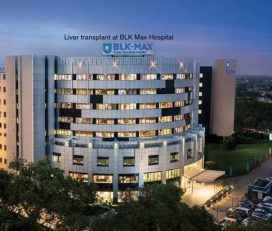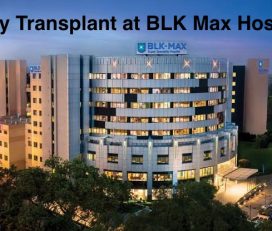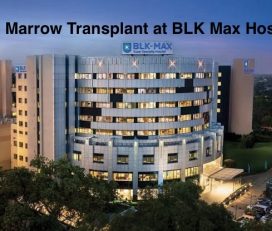Why is IVF done? Uses of IVF
IVF is widely used to treat the following conditions:
- Fertility problems in older women
- Women with Fallopian tubes damaged or occluded
- Male infertility induced by decreased sperm count or blockage in women with endometriosis
Damage or obstruction of the Fallopian tube. Damaged or blocked Fallopian tubes make it difficult for an egg to be fertilized or for an embryo to reach the uterus.
Ovulation problems are very common. When ovulation is irregular or non-existent, there are fewer eggs accessible for fertilization.
Endometriosis is a condition that affects women. When uterine tissue implants and grows outside of the uterus, endometriosis develops, affecting the ovaries, uterus, and Fallopian tubes.
Fibroid in the uterus. Fibroid are benign tumors in the uterine wall that commonly affect women in their 30s and 40s. Fibroid can prevent the fertilized egg from implanting.
Tubal sterilization or removal . IVF may be an alternative to tubal ligation reversal if you’ve had tubal ligation — a type of sterilization in which your Fallopian tubes are cut or plugged to permanently prevent pregnancy — and want to procreate.
Sperm production or function is hampered. Sperm concentrations that are below average, sperm motility that is poor, or abnormalities in sperm size and shape can all make it difficult for sperm to fertilize an egg. If abnormalities in your partner’s sperm are discovered, he or she may need to consult a specialist to evaluate if there are any correctable issues or underlying health concerns.
Infertility that hasn’t been explained. Unexplained infertility refers to a situation in which no cause of infertility has been identified after a thorough examination for typical reasons.
A genetic condition. If you or your partner are concerned about passing on a genetic condition to your child, you may be a candidate for preimplantation genetic testing, which is an IVF process. After the eggs have been retrieved and fertilized, they are checked for genetic abnormalities, albeit not all of them may be detected. Embryos that do not have any known abnormalities can be implanted in the uterus.
Fertility preservation as a result of cancer or other illnesses. If you’re going to begin cancer treatment that could affect your fertility, such as radiation or chemotherapy, IVF for fertility preservation may be a possibility. Women’s eggs can be retrieved from their ovaries and preserved unfertilized for later use. Alternatively, the eggs can be fertilized and saved as embryos for use in the future.



